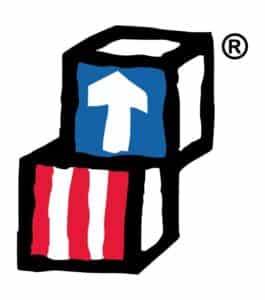Head Start (HS) is a nation-wide, federally funded compensatory preschool education program. Head Start and Early Head Start (a division of Head Start specifically focused on children aged zero to three) are designed to promote school readiness in infants, toddlers and preschoolers. Head Start also serves pregnant women with a range of prenatal supports and postpartum educational opportunities.
Since 1965, Head Start has long been considered a premier model for early childhood programs (Ramey & Ramey, 2010), and has aimed to foster development and school readiness skills for children from primarily low-income communities.
With Black and Hispanic children representing a disproportionate share of children in poverty, Head Start programs act as a lever to address longstanding racial and ethnic gaps in school readiness outcomes.
Children that participate in Head Start programs make tremendous progress in the areas of language, literacy, and math, and achieve average scores related to letter-word knowledge by the end of their first year (Aikens et al., 2013; Bloom and Weiland, 2015).
The benefits are even more robust for children enrolled in Early Head Start, with higher kindergarten readiness scores and increased social-emotional, language, and cognitive development than children who never attend a Head Start program. (Love et al., 2002)


 Start Early’s partnership with Head Start began in 1985, coinciding with the launch of
Start Early’s partnership with Head Start began in 1985, coinciding with the launch of 
